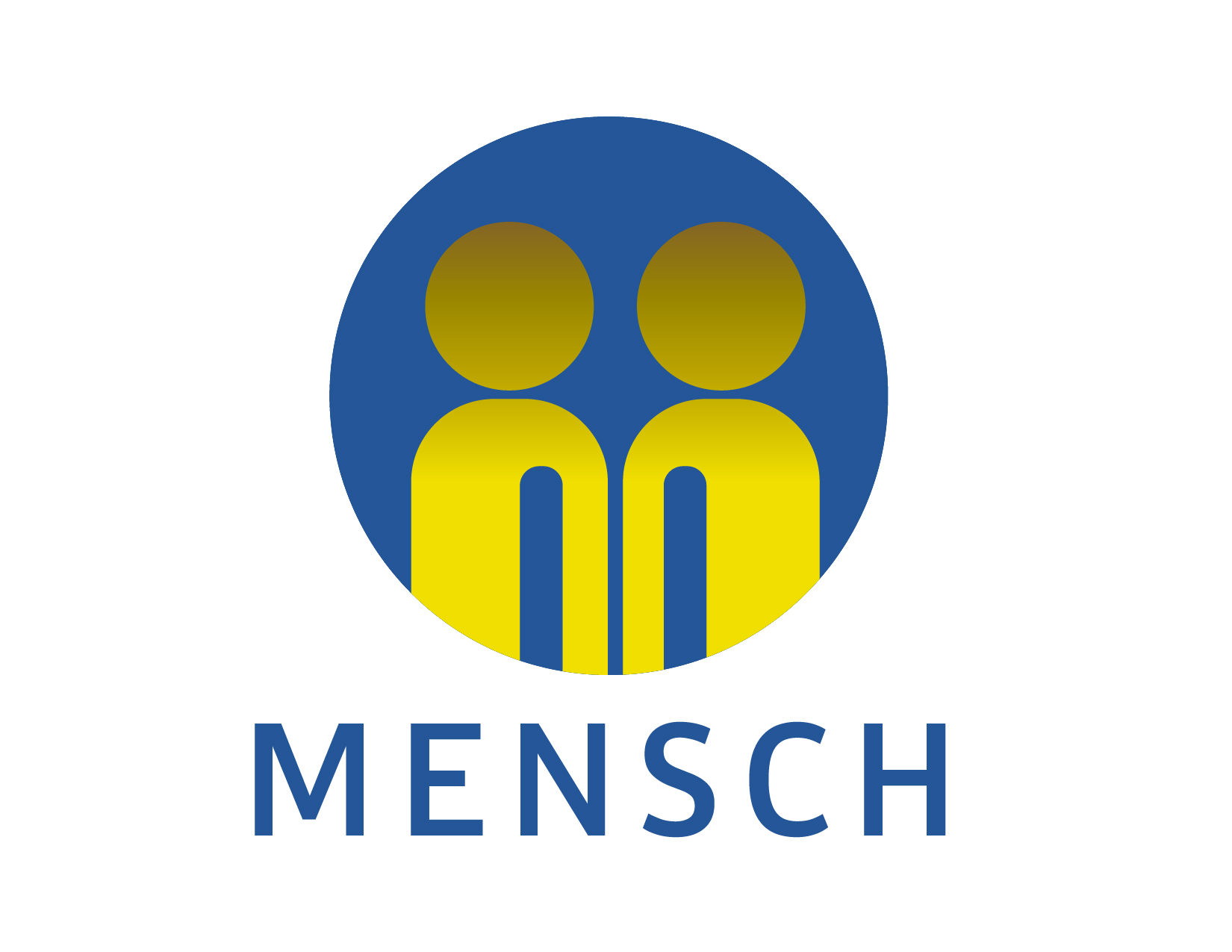After ensuring expectations are clear and there are regular discussions about what is going well and areas for improvement, the manager needs to probe further if there continues to be a gap between desired and actual results. The next step is to assess whether the root cause for the performance gap is a ‘skill or will’ issue. Dig into the issue, talk to the employee, and get feedback from others that have knowledge about the employee’s work performance. Try to determine if the root of the problem is a lack of having the requisite ‘skill’ to perform adequately. Have there been recent changes to processes or technology that are hindering performance. Determine if the employee has the talent and ability to do the work as designed. If not, address whatever issues exist by helping the employee develop a plan to close the skill gaps and improve performance. If your analysis determines there aren’t any skill deficits with the employee, then focus on the ‘will’ aspect of their performance. What are their barriers to wanting to perform as expected? Are there some work environment issues getting in the way such as significant conflict with other team members, are they having health or emotional issues or are they just in a job that is not a good fit and therefore they are not engaged and motivated to perform at a high level. Again, work with the employee to discover and address any issues that are identified while helping them develop a plan to get their performance to the desired level. Not addressing performance problems will never be the best approach for performance management and putting off meaningful actions will only make the problem worse. Make regular informal discussions about performance a part of your regular routine with your employees and the dread of performance management and the year-end rating will fade away!





